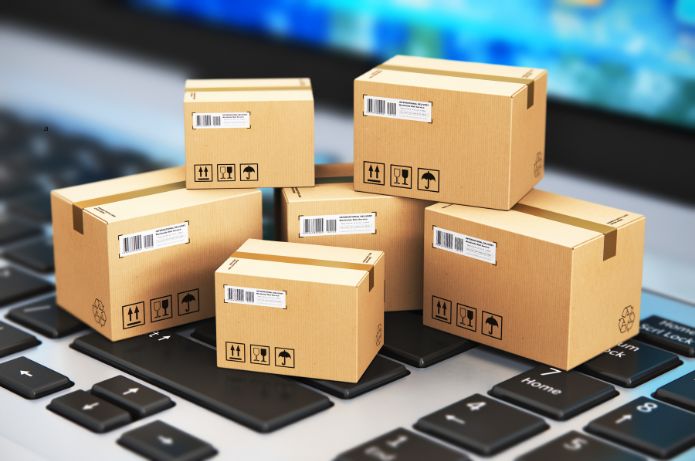The European Union (EU) has taken a significant step in the regulation of artificial intelligence by implementing, since August, the first comprehensive legislation on the subject, known as the AI Act. This new regulation, which will be fully applicable from 2026, sets strict standards for the development and use of AI systems on European territory, with the aim of ensuring safety, ethics and respect for fundamental rights.The EU initiative can serve as a precedent for other countries, including Brazil.
The AI Act adopts a risk-based approach, classifying AI systems into different categories, from those of minimal risk to those of unacceptable risk. This methodology sets a new global standard and can pressure other countries to accelerate their own regulations.In Brazil, the topic has been debated by parliamentary houses since 2020 and, more recently, Bill 2.338/2023 (PL IA) has started to discuss regulation with a similar approach, demonstrating how the country can follow the steps of the EU.
Alan Nicolas, business AI expert and founder of Academia Lendar[IA], sees the new European legislation as a signal to all countries where there are no specific laws for artificial intelligence. “The implementation of the AI Act in Europe is a milestone that shows the need for Brazil to advance its own AI regulation. If we do not keep up with this trend, we may face challenges not only in adapting to international rules, but also in ensuring that our companies are aligned with global governance and security practices,” says the expert.
Consequences of Legislation
The impact of the AI Act can be profound, especially for companies operating in global markets or using AI systems developed outside Brazil.The new European Union legislation establishes clear guidelines on the transparency and security of artificial intelligence systems, issues that are also being discussed in the Brazilian context.
As Alan Nicolas points out, local companies have already begun to anticipate regulatory changes.“Many corporations in Brazil are preparing, with some even developing AI impact reports and adjusting their practices to align with future legal requirements,”.
In addition, the new European legislation imposes sanctions for non-compliance with its provisions, something that is also being considered in the Brazilian PL IA. In the case of the EU, fines can reach up to 7% of the company's overall turnover, which reinforces the need for strict and rapid adaptation by companies that need to operate in accordance with these new standards.
Path to Regulation in Brazil
With the approval of the AI Act, the pressure on Brazil to establish its own regulatory framework increases. This urgency is evidenced mainly by the fact that the largest country in South America is among those with more internet users in the world, behind only China, India, the United States and Indonesia. In Latin America, Brazil is the leader, followed by Mexico and Argentina.
PL AI can be voted on later this year and brings elements inspired by European regulation, such as risk classification and civil liability of AI system providers.“O Brazil has the opportunity to create robust, modern legislation aligned with global best practices.This will help to promote innovation and ensure that technological advances are used ethically and safely,” concludes Alan Nicolas.
The implementation of legislation in Brazil will be important to protect the rights of citizens and promote a sustainable innovation environment. With the global trend established by the AI Act, the expectation is that other territories where regulation is already underway follow the example of the European Union, creating a structure that balances innovation with responsibility.











